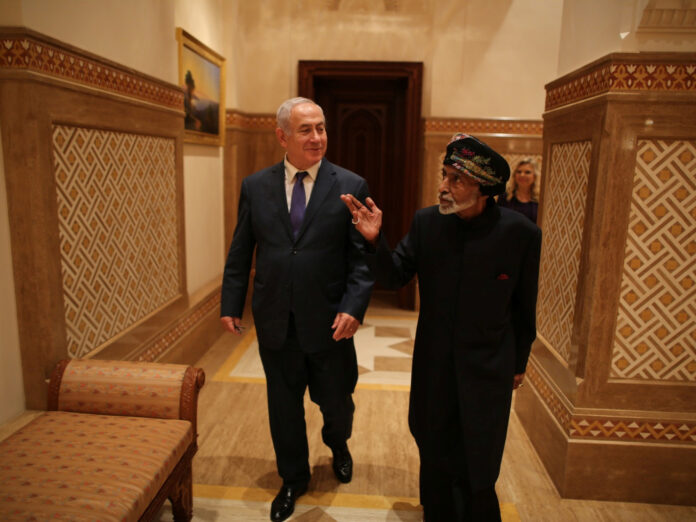Authors: Jonathan H. Ferziger and Gawdat Baghat
Affiliation: Jonathan H. Ferziger, a Jerusalem-based journalist, and Gawdat Bahgat, a professor at the National Defense University
Organization/Publisher: Atlantic Council
Date/Place: July 7, 2020/USA
Type of Literature: Report
Number of Pages: 20
Keywords: USA, Gulf States, Israel, Palestine, Iran, COVID-19
Brief:
The US foreign policy in the Middle East holds two interests: first, to protect Israel from its “hostile” neighbourhood, and second is to secure oil supplies in the Persian Gulf. Relations between Israel and the Gulf Arab states were bad in the past due to the Palestinian issue, but in recent times the gaps have started to dissipate. There are a couple of reasons for this dissipation of enmity, including intelligence-sharing related to the common enemy Iran, the decades’ long diplomatic fatigue of the Israeli-Arab struggle to solve the Palestinian conflict, and the Gulf States’ fear of missing out on Israeli technological innovation. The ongoing pandemic has also made Gulf States to rely on the medical research of Israel. Israel’s relations with the Gulf Arab States were good in the past too, albeit in secrecy, but now everything is on the forefront and very much open to the public. The challenge of Arab leaders at the moment is to engage with Israel without being seen as throwing the Palestinians under the bus. Meanwhile, some Gulf Arab states doubt the intentions of Iran and Turkey, and that gives Israel a free hand to exploit the vacuum created between Turkey and countries like Saudi Arabia, the UAE and Bahrain. The report’s authors recommend that Gulf States should identify new opportunities to trade with Israel, Israel should focus on promoting its expertise in various fields in its immediate region just as it is now cooperating with the Gulf States on the pandemic and medical research, and the US should double its efforts to be a good broker between Israel and the Middle east.
By: Saima Rashid, CIGA Research Assistant




